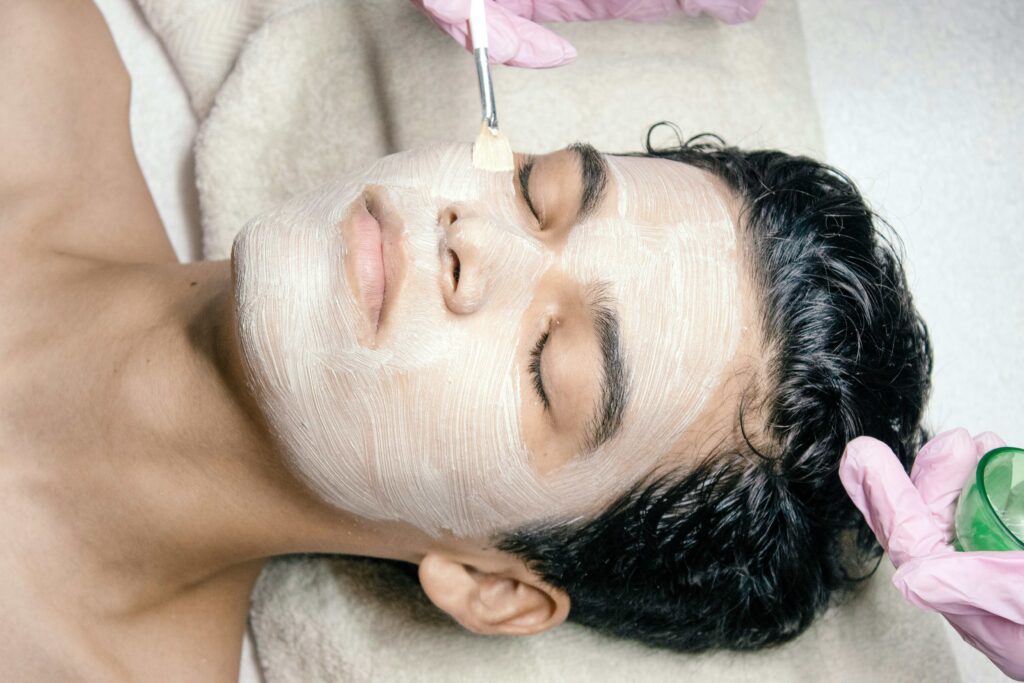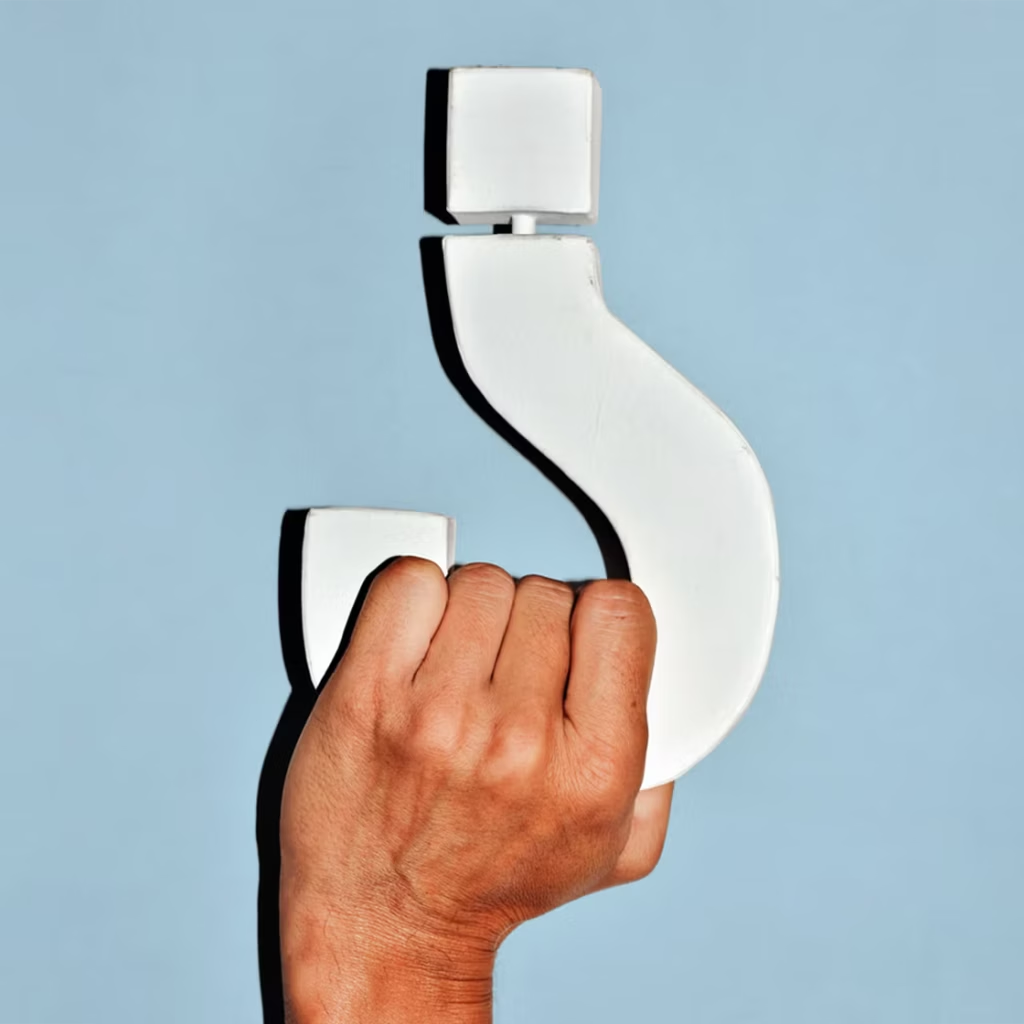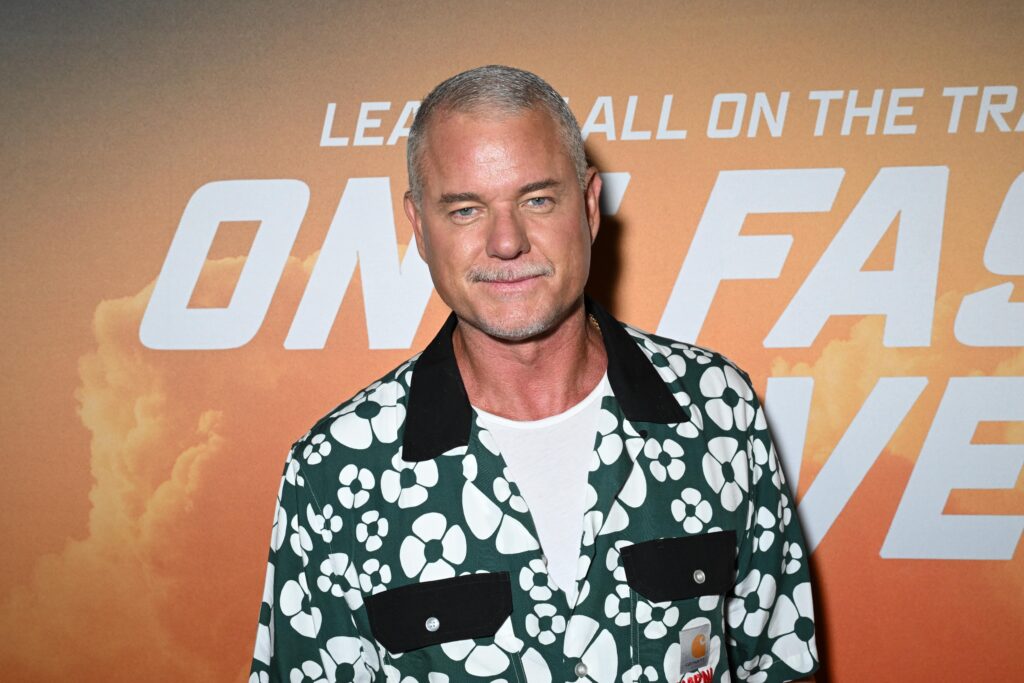In a landmark moment for drug policy reform, the Therapeutic Goods Administration – Australia’s drugs watchdog – will legalise magic mushrooms (psilocybin) and MDMA. In doing so, Australia will become the first country in the world to recognise these drugs for their properties in medical use, particularly when it comes to treating PTSD and depression.
The news comes after mounting calls to radicalise drug treatment and move away from a system many have deemed archaic. Despite growing research into the benefits of these drugs, they’ve been largely ignored in the medical field and demonised in wider society. Dr David Caldicott, a clinical senior lecturer in emergency medicine at Australian National University, has long championed their use as he suggests reclassifying MDMA and psilocybin as controlled substances allows us to move away from their “demonstration”. As Caldicott explains, these drugs “can have dramatic effects on conditions often considered refractory to contemporary treatment” and could be particularly beneficial for those requiring prolonged treatment.
Psilocybin – more commonly referred to as magic mushrooms – is a naturally occurring hallucinogen produced by more than 200 species of fungi. MDMA – otherwise referred to as ecstasy – is a synthetic stimulant and hallucinogen, consumed in a tablet or capsule form, according to the National Institute of Drug Abuse.
The announcement comes after research found “sufficient evidence for potential benefits in certain patients,” with the drugs becoming available on prescription from July. Reports suggest MDMA will be available on prescription for those suffering from post-traumatic stress disorder, with psilocybin being used to treat depression. In an interview with The Guardian, Royal Australian and New Zealand College of Psychiatrists president, associate professor Vinay Lakra, said the college “cautiously welcomed” the decision, but that it was important to treat it with “baby steps rather than one giant leap.”
According to Mike Musker, a mental health and suicide prevention researcher at the University of South Australia, the prescriptions will only be given in cases “where standard psychiatric drugs have not worked and offer no relief.” In an interview with Dazed, Musker explained that the two drugs could “reduce inhibitions” and help patients process difficult memories.
The TGA explained: “Prescribing will be limited to psychiatrists, given their specialised qualifications and expertise to diagnose and treat patients with serious mental health conditions.”
The statement continued: “The decision acknowledges the current lack of options for patients with specific treatment-resistant mental illnesses. It means that psilocybin and MDMA can be used therapeutically in a controlled medical setting. However, patients may be vulnerable during psychedelic-assisted psychotherapy, requiring controls to protect these patients.”
While use of the drugs will be limited to the treatment of PTSD and depression, advocates hope to see them used for alcohol dependence, obsessive compulsive disorder and eating disorders in the near future. Though a relatively new phenomenon for Western researchers, psychedelics have been used by Indigenous peoples for millennia.















